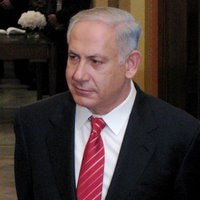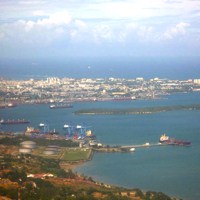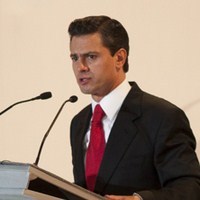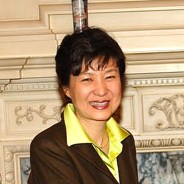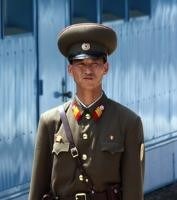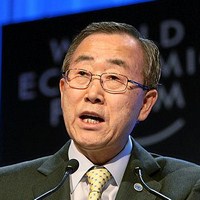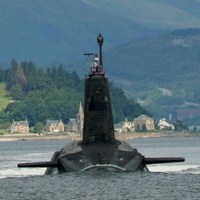
Elba Esther Gordillo, the leader of the most powerful teachers union in Mexico, was arrested earlier this week on suspicion of embezzling millions in union funds for personal expenses, including paying for private property and plastic surgery. The arrest of the Gordillo, known throughout Mexico simply as “La Maestra,” or “The Teacher” and previously seen as being above the law, came a day after Mexican President Enrique Peña Nieto signed a sweeping educational reform that the union she led had opposed. Duncan Wood, director of the Mexico Institute at the Woodrow Wilson International Center for Scholars, said that while a […]


